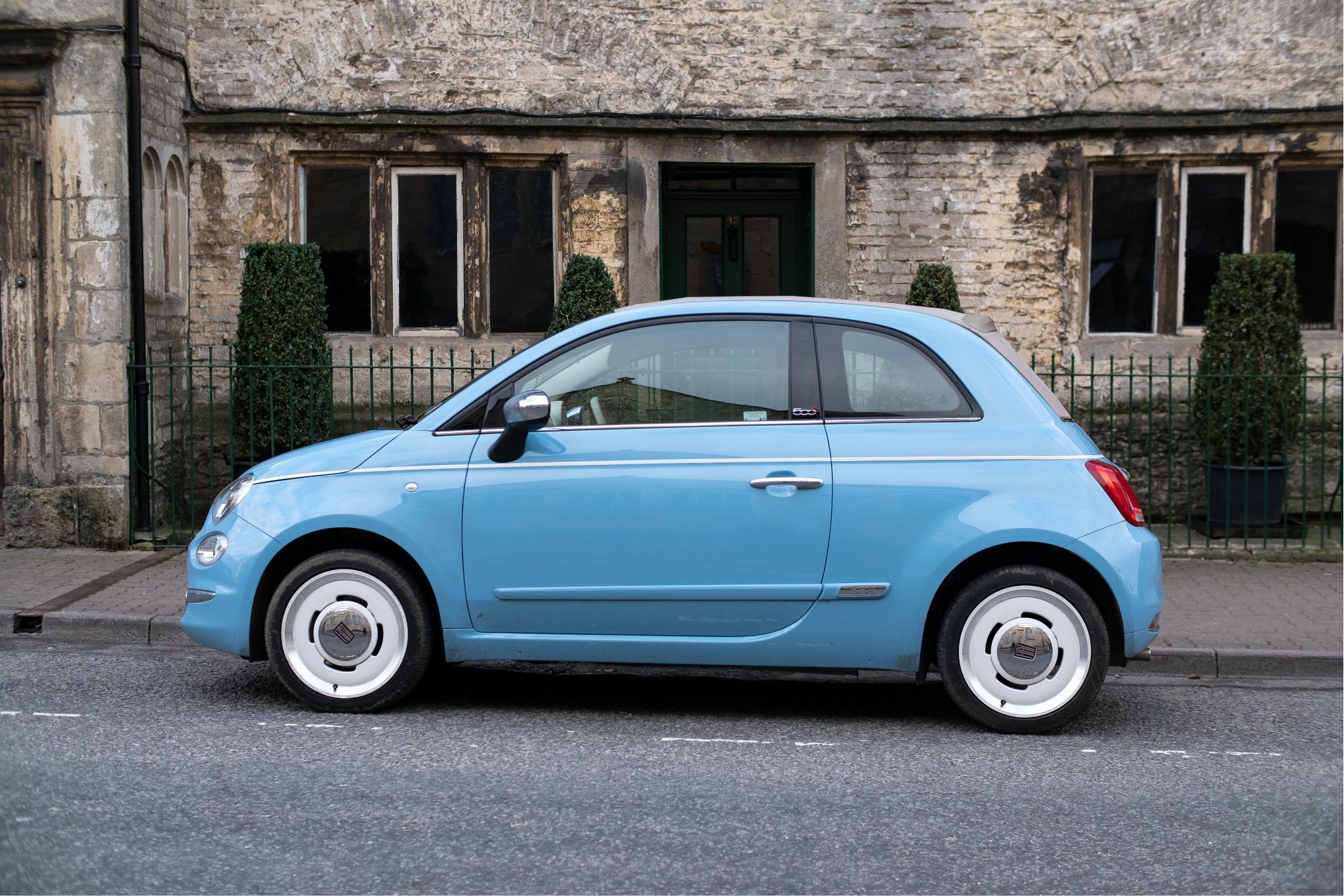Car insurance excess is the amount you agree to pay towards a claim if your car is damaged or stolen. Every policy has an excess made up of two parts: compulsory excess (set by your insurer) and voluntary excess (chosen by you). You'll pay this amount when you make a claim, and your insurer covers the rest.
What does excess mean in car insurance?
Excess is what you pay if you make a claim on your car insurance. Think of it as your contribution towards repair or replacement costs.
Here's how it works. If your car is damaged in an accident and repairs cost £2,000, and your total excess is £500, you'll pay £500 and your insurer will pay the remaining £1,500.
The excess system exists because insurers want to discourage small, unnecessary claims and share some of the financial responsibility with you. It also helps keep car insurance prices lower for everyone.
Your total excess is shown clearly when you get a quote and appears in your policy documents. You should always know this number before you need to make a claim.
The two types of car insurance excess
Every car insurance policy has two types of excess that add together to create your total excess amount.
What is compulsory excess on car insurance?
Compulsory excess is the minimum amount your insurer requires you to pay towards any claim. You can't change this amount or remove it.
Your insurer sets compulsory excess based on factors that affect your risk level. These include your age, how long you've held your driving licence, your driving history, and the type of car you drive.
Younger or less experienced drivers typically face higher compulsory excess amounts because insurers view them as higher risk. Someone who's 21 with one year of driving experience might have a compulsory excess of £500 or more, while a 35-year-old with ten years' experience might have £250.
What is voluntary excess in car insurance?
Voluntary excess is an additional amount you choose to pay on top of your compulsory excess. You can usually select from a range of options, often from £0 to £500 or more.
The main reason people add voluntary excess is to reduce their monthly or annual insurance price. The higher your voluntary excess, the lower your premium will be. That's because you're taking on more of the financial risk yourself.
But there's a trade-off. While a high voluntary excess saves you money upfront, you'll need to pay that amount if you make a claim. If you set your voluntary excess at £500 but can only afford to pay £200 in an emergency, you won't be able to complete your claim.
How does excess work on car insurance?
Understanding when and how you pay excess helps you prepare financially for potential claims.
Let's walk through a typical scenario. You're involved in an accident that damages your car. The repairs will cost £3,000. Your compulsory excess is £300 and you chose a voluntary excess of £200, giving you a total excess of £500.
Here's what happens:
- You make a claim with your insurer.
- They approve the claim and arrange repairs.
- Before or during the repair process, you pay your £500 excess.
- Your insurer covers the remaining £2,500.
Important things to know:
- The excess applies each time you make a claim. If you have two separate accidents in one year, you'll pay the excess twice.
- If your claim is settled as non-fault and the other driver's insurer accepts responsibility, you might get your excess refunded once the claim is fully resolved. This can take several months to process.
- Some insurers offer Excess Protection as an optional add-on. This means you can claim back your excess amount after a claim settles, regardless of who was at fault.
When do I pay excess on car insurance?
You pay excess when you make a claim for damage to your own vehicle. This applies whether the damage came from an accident, theft, fire, vandalism, or storm damage.
You'll need to pay excess when:
- Your car is damaged in an accident and you claim for repairs
- Your car is stolen and you claim for its replacement value
- Your car is damaged by fire, vandalism, or extreme weather
- Your car is damaged beyond repair (written off) and you claim its value
You won't need to pay excess when:
- Someone makes a claim against you for damage to their vehicle or property (this is covered separately)
- You're making a windscreen-only claim (this usually has a separate, lower excess)
- The other driver is clearly at fault and their insurer settles your claim directly
The timing of payment varies. Some insurers deduct the excess from your settlement amount. Others ask you to pay the repairer directly. If your car is written off, the insurer typically deducts your excess from the payout you receive.
Always check what to do after a car accident to make sure you handle the situation correctly from the start.
How much voluntary excess should I pay on car insurance?
Choosing your voluntary excess amount requires balancing your monthly budget against your emergency savings.
Consider these factors:
Your savings. Can you comfortably afford to pay your total excess (compulsory plus voluntary) if you needed to make a claim tomorrow? If your total excess would be £750 but you only have £300 in savings, that's a problem.
Your car's value. If your car is worth £1,500 and your total excess is £1,000, you'd only receive £500 for a write-off claim. This might not make financial sense.
Your driving confidence. If you're new to UK roads or drive in busy areas with higher accident rates, a lower voluntary excess gives you more protection. If you're an experienced driver who rarely claims, you might prefer the savings from a higher excess.
Your monthly budget. A higher voluntary excess reduces your premium. If money is tight now but you have decent savings, this trade-off might work well. Compare how much you save on your premium against the extra risk you're taking on.
Most people choose voluntary excess amounts between £0 and £250. Common options are £0, £100, £250, and £500.
Your voluntary excess choice is one of several factors that impact your car insurance quote cost. It's worth experimenting with different amounts when you get quotes to see how much you'd save.
Excess and your Marshmallow policy
At Marshmallow, your total excess amount is clearly shown when you get your quote and throughout the buying process. You'll see both your compulsory excess and the voluntary excess options available to you.
You can find your current excess amount anytime in the Marshmallow app under your policy details. Your policy documents also list this information clearly.
We offer Excess Protection as an optional add-on. This means you can claim back 100% of your excess after your claim settles, no matter who was at fault. You'll get that money back so you don't need to cover the cost yourself.
Your Marshmallow policy includes fully comprehensive cover, which means you're protected for damage to your own car as well as damage to others. This is where excess applies.
New to UK car insurance? Get a quote designed for people like you. We make it simple to understand what you're covered for and how much you'll pay.
Frequently asked questions
Can I change my voluntary excess after buying my policy? No, you can't change your voluntary excess during your policy term. You can adjust it when you renew, or if you cancel and buy a new policy.
Do I pay excess for windscreen claims? Windscreen claims usually have a separate, lower excess than your main policy excess. Check your policy documents for the specific windscreen excess amount.
What happens if I can't afford to pay my excess? If you can't pay your excess, you won't be able to complete your claim. Some insurers may allow you to deduct the excess from a write-off payout, but you'll need to discuss this when making your claim.
Is excess per claim or per year? Excess is per claim. If you make multiple claims in one year, you'll pay the excess each time.
Do named drivers pay the same excess? Yes, the excess amount applies to the policy, not individual drivers. Any driver making a claim will need to pay the same excess amount.




